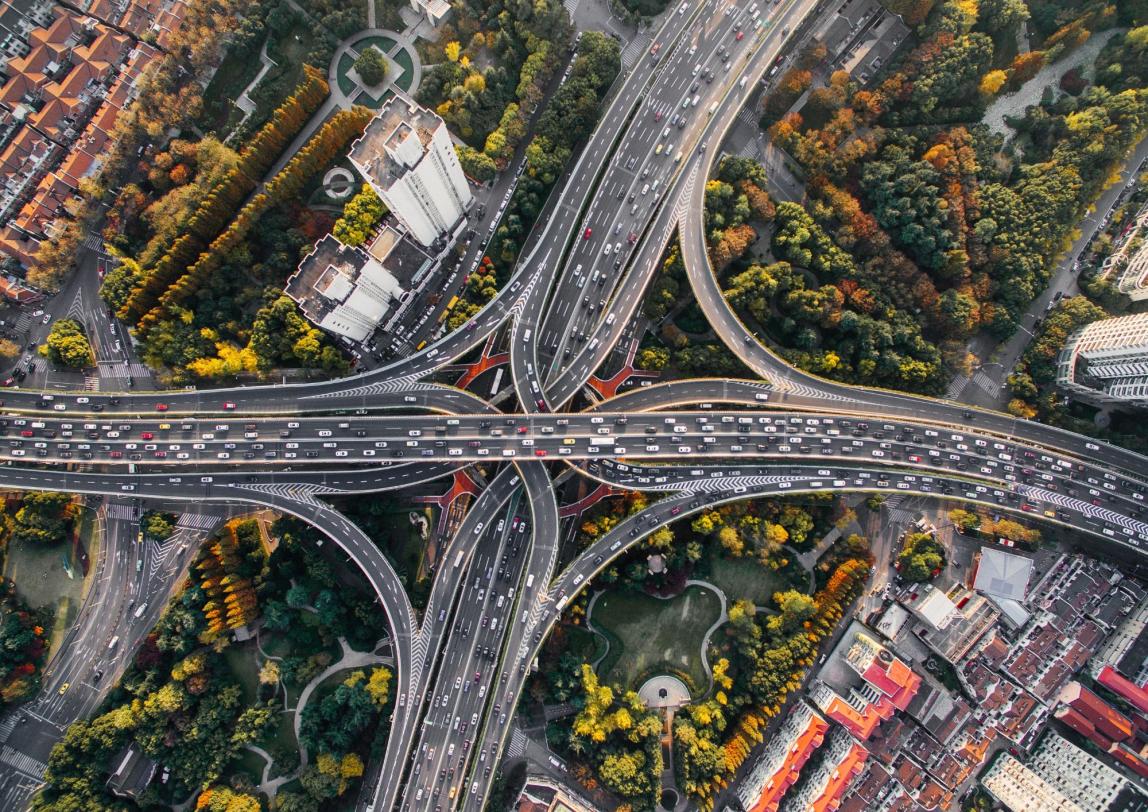
Car Use: A Matter of Dependency or Choice?
08/21/2023 - 15:02
The research analyses to what extent the higher levels of car use for commuting in the province are a matter of 'dependency' or 'choice'. Results show that there is still room for improvement.